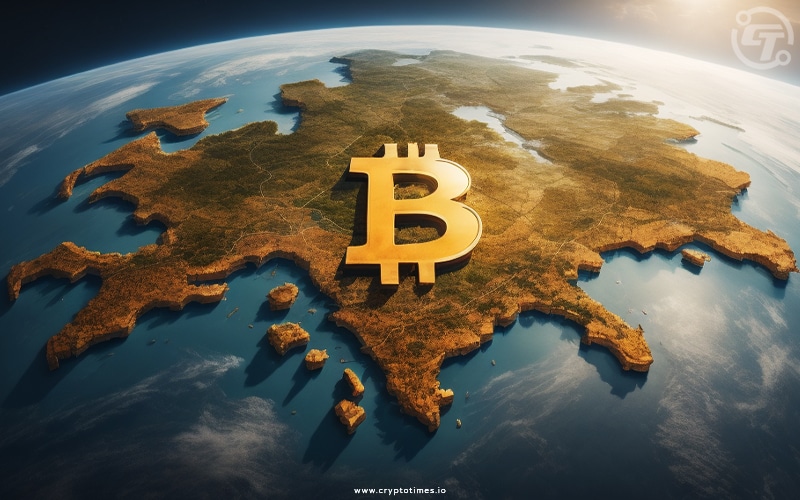What Makes Governments Worldwide Concerned about DeFi?

As the world rapidly changes around us, the demand for decentralization in finance has grown louder, unsettling governments worldwide. The reluctance to let go of power in a century-old federalism system is evident.
In recent years, decentralization has disrupted the traditional finance sector with the rise of cryptocurrencies and Decentralized Autonomous Organizations (DAOs), challenging established norms about money and market operations.
Unfortunately, the anonymity offered by DeFi has been exploited for illicit activities like financial crimes, drug trafficking, and terrorism, raising concerns among governments globally.
This has led governments to crack down on the DeFi sector, with countries like China and Qatar banning cryptocurrency trading and others imposing heavy taxes on crypto gains. High-profile convictions in the crypto industry have also raised alarms.
Despite the shortcomings of governments, public administration remains crucial for maintaining societal order. However, certain aspects like unfair taxation and opaque monetary systems have fueled the interest in decentralized finance.
The concept of decentralization, highlighted by scholars such as Louis A. Allen and Earl P. Strong, involves delegating authority to autonomous units, challenging centralized control.
With the advent of blockchain technology, decentralization in the finance sector has gained momentum, offering a transparent, autonomous, and secure alternative to traditional systems.
While governments resist decentralization due to fears of losing control over financial activities, the potential risks, such as fraud and money laundering, remain a cause for concern.
As decentralized finance continues to evolve, finding a balance between innovation and regulation is crucial to ensuring public safety and economic stability.
Source link
#Governments #World #Fear #DeFi






1 thought on “What Makes Governments Worldwide Concerned about DeFi?”